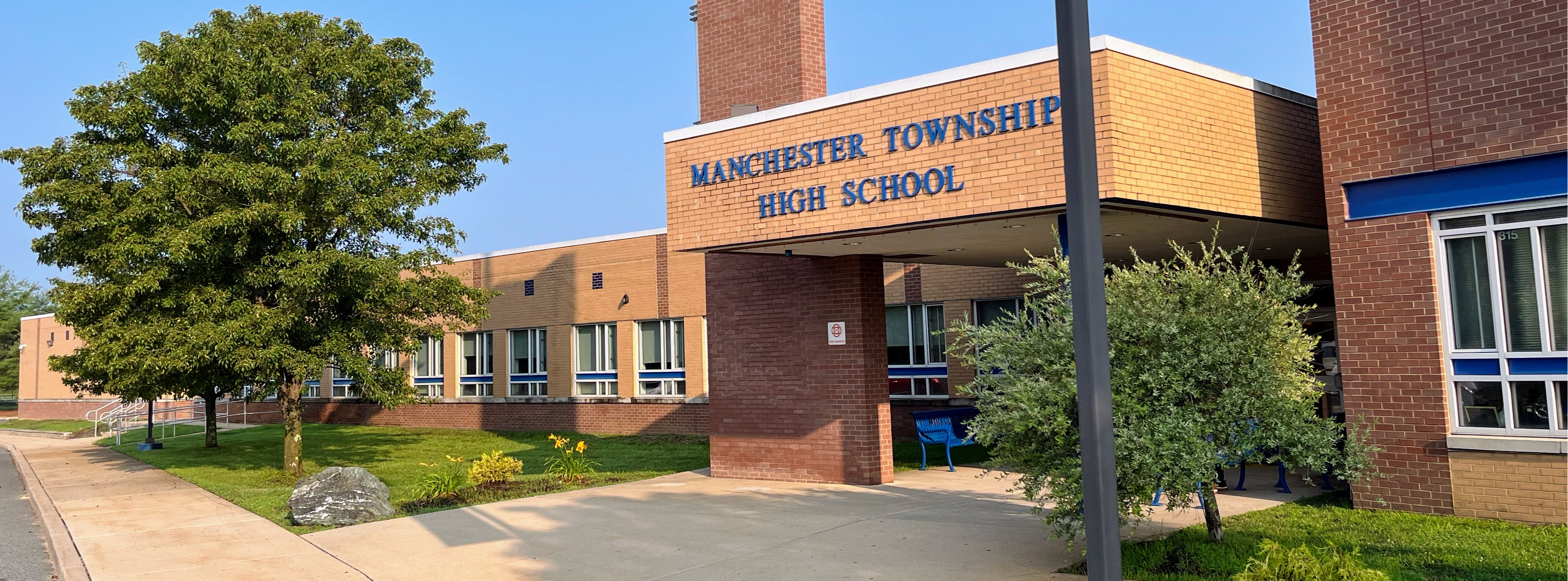Sign Up With Us: Occasions and Efforts to Save Temecula Schools
Sign Up With Us: Occasions and Efforts to Save Temecula Schools
Blog Article
The Effect of Institution Environments on Academic Success and Personal Wellness
The college atmosphere dramatically affects both academic success and personal wellness, including aspects such as physical layout, class ambience, and social dynamics. The style of instructional areas, consisting of natural lights and ergonomic furnishings, can improve students' concentration and convenience. Furthermore, the quality of teacher-student partnerships and the nature of peer interactions play crucial functions in cultivating an environment for learning and emotional assistance. Understanding just how these different factors interplay to form student outcomes elevates crucial questions regarding enhancing instructional settings for holistic growth. How can colleges tactically boost these aspects to much better sustain their pupils?
Physical Format and Design
Exactly how does the physical design and layout of a school impact academic success? The plan and visual of a school atmosphere can considerably influence students' discovering outcomes. A properly designed school format advertises ease of activity, minimizes disturbances, and promotes a sense of safety and security and belonging. Broad hallways and clearly marked areas facilitate smooth shifts in between courses, reducing lateness and disruption. Additionally, tactically put common locations encourage social communications, which are essential for social and psychological advancement.
All-natural lights and effective air flow systems are critical in improving cognitive feature and decreasing absenteeism. Researches have shown that classrooms with adequate all-natural light boost pupil concentration and lower feelings of sleepiness. In addition, ergonomic furniture customized to pupils' requirements can avoid physical pain, enabling long term emphasis and engagement in scholastic activities.
Access to outdoor areas and visually pleasing environments likewise play an important function - Save Temecula Schools. Green spaces and well-kept school grounds provide chances for workout and mental relaxation, both of which are crucial for maintaining high levels of scholastic efficiency. Essentially, an attentively created physical setting can work as a catalyst for scholastic quality, promoting an environment that supports both teaching and learning
Classroom Environment
An atmosphere that fosters a feeling of safety and security, inclusivity, and shared respect encourages pupils to engage even more actively in their understanding procedures. The setting of a classroom, including aspects such as illumination, noise degrees, and seating plans, can considerably impact student focus and inspiration.
In addition, the classroom atmosphere need to sustain a society of cooperation and open interaction. They are much more likely to engage deeply with the product and develop essential assuming skills when pupils feel comfy revealing their ideas and asking inquiries. Peer communications and group activities can enhance discovering by fostering and providing varied point of views team effort
In addition, developing clear expectations and regular regimens can create a structured atmosphere that permits trainees to concentrate on their researches. By decreasing unpredictability and providing a foreseeable structure, pupils can better manage their time and obligations. Eventually, a favorable classroom ambience not just boosts scholastic efficiency yet additionally adds to the overall health of students, preparing them for future educational and personal undertakings.
Teacher-Student Relationships
Structure on the importance of a positive classroom environment, the relationships between trainees and educators play a critical function in shaping academic success. A healthy and balanced teacher-student connection fosters a finding out environment where students really feel valued, comprehended, and supported, which significantly boosts their motivation and engagement. When students perceive their teachers as friendly and empathetic, they are more probable to take part actively in course and seek assistance when required, adding to a deeper understanding of the topic.

This trust allows trainees to reveal their concepts and issues openly, fostering a collective learning atmosphere. In significance, strong teacher-student relationships are a foundation of educational success, playing an important duty in both academic success and personal advancement.
Peer Interactions
Peer interactions substantially affect scholastic success by forming a student's social and cognitive development. Favorable peer communications can enhance a pupil's inspiration and interaction in scholastic tasks with collective discovering and shared support.

Reliable peer interactions additionally contribute to the growth of necessary life abilities, such as dispute, communication, and collaboration resolution. Homepage These social proficiencies are crucial for both scholastic success and personal well-being, highlighting the relevance of fostering favorable peer dynamics within the school atmosphere.
Extracurricular Tasks
Involving in extracurricular activities plays an essential role in a student's academic success and individual development. Study regularly shows that trainees that participate in extracurricular activities tend to achieve greater scholastic efficiency.
Moreover, extracurricular involvement cultivates a feeling of belonging and neighborhood, which is necessary for personal well-being. Joining team activities enables trainees to construct and reinforce social media networks, enhancing their psychological and social knowledge. These communications are important for creating social skills that are valuable in Read More Here both academic and future professional atmospheres.
Additionally, extracurricular tasks offer a positive outlet for trainees to explore their passions and enthusiasms beyond the typical curriculum. This exploration can lead to the exploration of brand-new talents and possible occupation courses, better inspiring trainees to involve even more deeply in their scholastic work. Finally, the function of after-school activities expands past plain recreation; they are important to promoting an all natural academic experience that promotes both scholastic success and individual development.
Verdict
Attentively made physical designs and classrooms, along with favorable teacher-student connections and useful peer communications, significantly improve student motivation and interaction. These components jointly emphasize the importance of producing and keeping optimum school atmospheres for the advantage of trainees' personal and scholastic growth.
Ultimately, a favorable classroom atmosphere not just enhances academic performance but also contributes to the general wellness of trainees, preparing them for future academic and personal endeavors.

Report this page